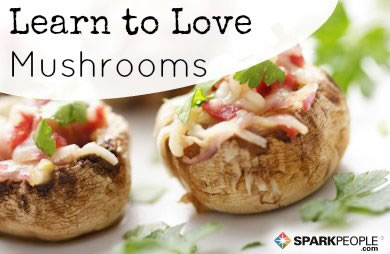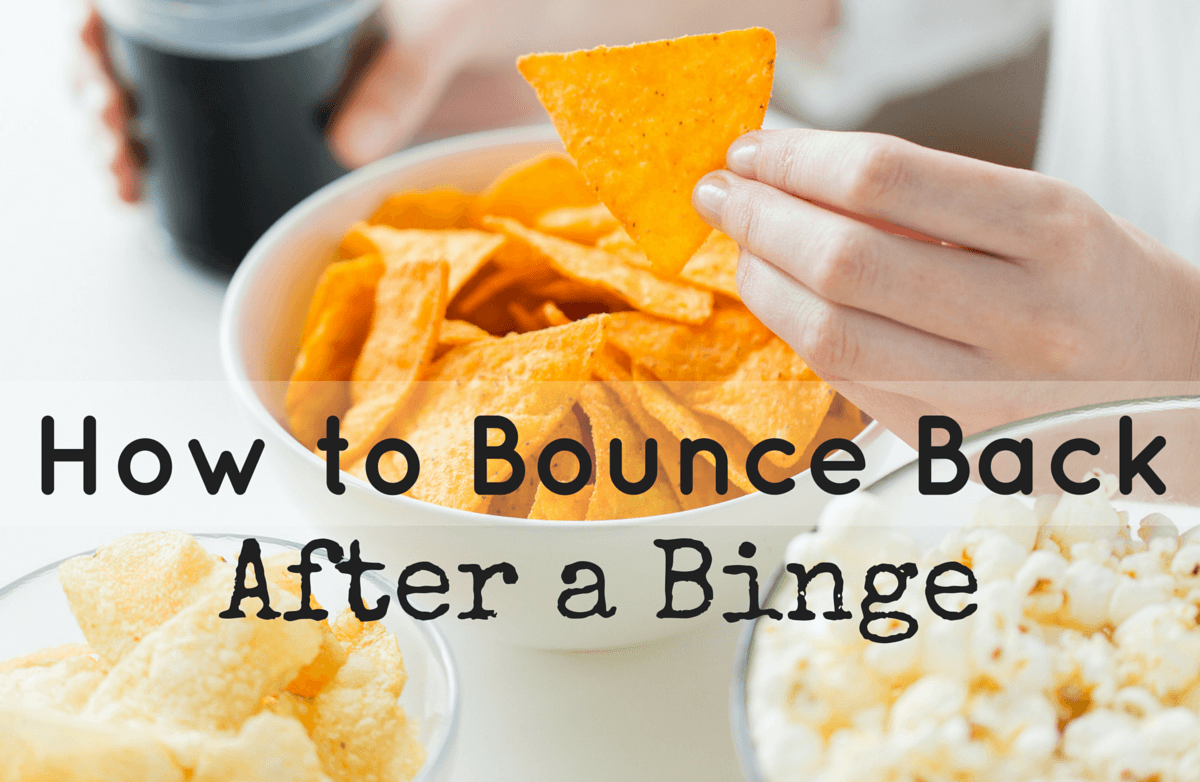|
Do you ever feel like you just can't stop yourself from overeating? Are there some foods that are extremely hard for you to resist even when you aren't hungry? Is it very hard to stop eating once you've started, even though your intention is to have just a small amount? If so, you're definitely not alone. But what's going on here? Is it possible you might be addicted to food? Not long ago, most experts would have said "no." The prevailing wisdom was that people with the right biological susceptibility might get addicted to drugs or alcohol, but food was just not an addictive substance in the same league with, say, alcohol, crack cocaine or meth. After all, people don’t get addicted to broccoli, oatmeal, or chicken breasts. Even though eating certain foods (usually refined sugars and/or fatty, salty foods) is known to increase appetite in some people and/or turn off the satiety signals that normally would tell them when to stop eating, and even though certain psychological problems can lead some people to become compulsive eaters, these problems were not seen as the same kind of thing as a true substance addiction. More recently, though, the evidence has been painting a different picture… Studies like the one reported in this N.Y.Times article have shown that people with a family history of alcoholism also may have a substantially higher risk of being obese than people without such a family history. More significantly, recent animal studies have made it clear that rats (our close relatives when it comes to the neurobiology of eating behaviors) can indeed become addicted to certain types of foods, exhibiting the same kinds of behaviors observed in humans with late-stage addiction to drugs. And most telling of all are new insights stemming from advances in brain imaging technology, which make it possible to "see" inside the human brain and witness what’s going on when people eat certain foods and/or get caught up in compulsive overeating. It turns out that this brain activity looks very much the same, regardless of whether the individual is a drug addict taking a drug or a habitual overeater eating a double cheeseburger with fries. Thanks to these developments, the definition of "addiction" has been changing a lot recently. It now includes addiction to behaviors that don’t involve use of any substance at all. Many health professionals and researchers now consider it possible for people to become addicted to gambling, sexual activity, shopping, online gaming/internet use, and other such behaviors. The common denominator in all addictive behavior, according to this new perspective, is that in people with a neurobiological susceptibility to addiction, any behavior that triggers a strong response in the primitive pleasure/reward centers of the brain can be heavily reinforced by this pleasure response. Over time, this potent reinforcement can overwhelm the individual's "normal" judgment and self-control processes, and make the behavior very difficult to control. In effect, it's not the external substance or behavior we get addicted to, it's the chemical reaction in our own brains. As this article suggests, we may need to rethink the whole concept of emotional eating, which may not be just about using eating to deal with uncomfortable feelings. It's possible, I think, to make too much of all this information and jump to conclusions that go too far. There's no reason, for example, to think that all or most people who struggle with overeating, emotional eating, or obesity are struggling with a "food addiction." Nor does having the "addiction gene" mean an individual is automatically doomed to a lifetime of compulsive overeating--it takes the combination of many factors operating over an extended period of time to produce that kind of uncontrollable behavior. And even long-term addicts can and do recover, with the right kind of help and effort. At this stage, maybe the most important implication of all this research is that eating the kinds of food found in fast food joints and the junk food sections of your local grocery may be a major risk factor for developing problems with compulsive or addictive eating. In his book The End of Overeating, Dr. David Kessler describes how "hyperpalatable" foods high in refined sugar, fat, and/or salt can alter brain chemistry, triggering the brain’s reward systems and generating a neurobiological response that stimulates people to crave more of those foods, even when they are not hungry and don’t need the energy. If you also happen to have a predisposition towards addiction, a diet high in these foods could easily lead to a full-blown food addiction over time. According to this research, even looking at pictures of highly pleasurable foods can trigger an intense urge to eat—a fact that hasn’t escaped food advertisers. This new science should also tell us, I think, that blaming overeating problems on lack of willpower or some personal character flaw is neither accurate nor helpful. To avoid or recover from out-of-control eating we need to put our energy into identifying the foods and/or situations that trigger problems for us, and coming up with good strategies for helping ourselves control what and how much we eat. That starts with recognizing that we do, in fact, have this capacity. For some of us at least, what we eat may play a big role in how much trouble we have sticking to a healthy diet and achieving or maintaining a healthy weight. It's not just a matter of how many calories there are in these "hyperpalatable" foods, but also the effects they have on our ability to stop eating when we want and/or moderate the amount of particular trigger foods we include in our diet. This could mean that susceptible people may need to avoid certain trigger foods completely, rather than trying to moderate their intake--just like an alcoholic has to avoid all alcohol. I don’t consider myself a full-blown food addict, but I do know that I can't easily control how much of certain trigger foods I'll eat once I've started eating. If it's there, chances are very high I'll keep eating until it's gone. I either need to avoid these foods entirely (no more Italian sausages for me), or make sure I don't have them around the house in large enough quantities to cause trouble—no more kidding myself that I can make a big pot and get several meals out of it. I stay away from fast food places and restaurants that serve huge portions of things I like a lot. What do you think? Does the idea of "food addiction" make sense to you? Are we living in a food environment that makes it harder than it should be for many people to actually be fully responsible for their own choices? Do you have to avoid trigger foods completely, or can you moderate your use of them? |
Popular EntriesMore From SparkPeople |















